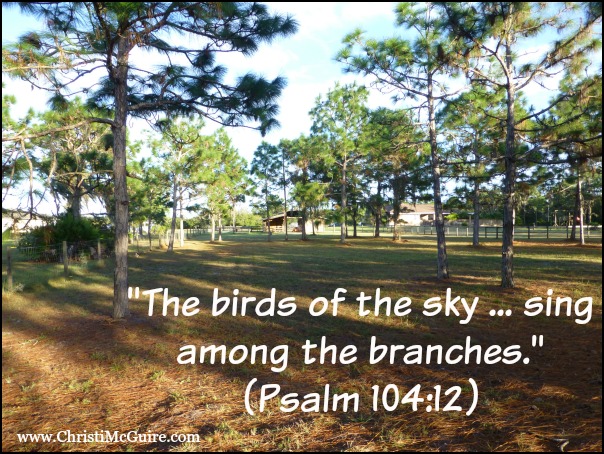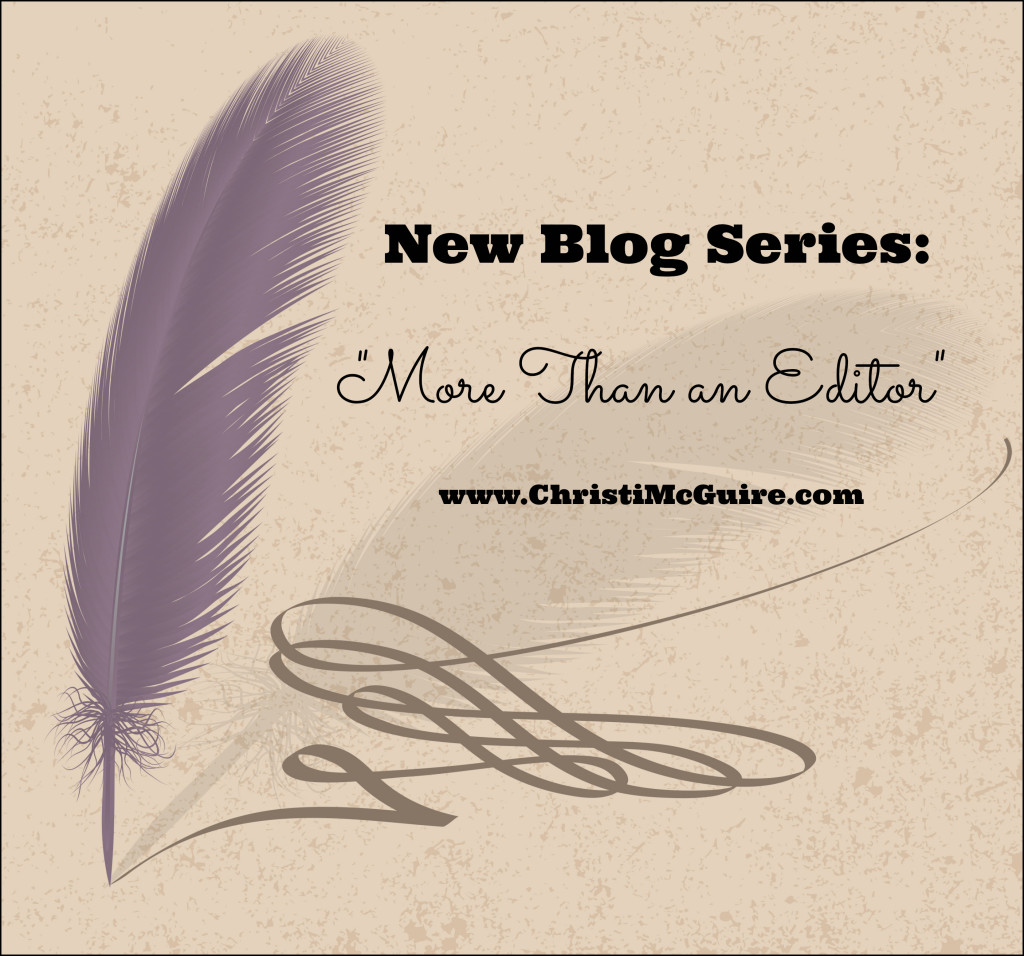This post was one of the most popular posts from seven years ago, and I’ve been asked by several readers to update it. Since both the Chicago Manual of Style and The Christian Writer’s Manual of Style has been updated since 2011, there are a few things that have changed. So here’s the update!
I’ve been in Christian publishing for more than seventeen years, first as an editor at LifeWay Christian Resources, and now as a freelance contributor. In addition to stylebooks, such as the AP Stylebook and the Chicago Manual of Style, those who work in Christian publishing have additional style guides for religious terms. For example, how do you know whether to capitalize “godly” since it refers to God? Is “Bible” always capitalized? One of the best resources is The Christian Writer’s Manual of Style by Robert Hudson (Zondervan, 2016). However, each publishing house will have its own style guide, as well. LifeWay may style curriculum and resources differently than Zondervan or Thomas Nelson. But most of them agree on the following styles below.

Capitalize Words That Refer to God
Examples: Lord, the Almighty (but not “almighty God”), Christ, Comforter, Counselor, the Creator (but not “the creator God”), Father, God Almighty, Godhead (if meaning “essential being of God), God-given, God-man, God Most High, King, the One (but not “the one true God”), Providence, Redeemer, Savior, Son/Son of God/Son of Man, Sovereign, the Trinity (but “the triune God”)
Lowercase General References to Jesus
Examples: friend, person, baby, the baby Jesus, the babe in the manger, child, boy, and man (Jesus is my friend.)
Capitalize (Most) Adjectives That Are Part of God’s Name
Examples: the Anointed One, Divine Father, Divine King, Good Shepherd, Great High Priest, Great Physician, Great Shepherd, High Priest, Holy Father, Holy One, Holy Spirit, Promised One, Sovereign Lord, the Spirit (meaning Holy Spirit), Suffering Servant, Supreme Being, Sustainer, Wise Creator
Note: almighty God, heavenly Father, spirit of God are now lowercase.
Refer to the Holy Spirit as “he,” not “it”
Examples: The Holy Spirit comforts me; he brings peace into my life.
Lowercase pronouns that refer to God, Jesus Christ, and the Holy Spirit
This is a change from previous versions of the CWMS. Page 144–145 states, “The capitalization of pronouns referring to persons of the Trinity has long been a matter of debate . . . Most publishers, religious and general, use the lowercase style in large part to conform to the two most popular versions of the Bible (the best-selling NIV and the historically dominant KJV).”
Examples:
God gave his Son for our sins.
God loves his children; he loves us with an everlasting love!
When Christ died on the cross, he gave himself for our sins.
O Lord, you are holy!
Lowercase Relative Pronouns (who, whom, whoever, whomever) referring to God, Jesus Christ, and the Holy Spirit
Examples:
The God whom we serve is faithful.
God, who is most faithful, loves us unconditionally.
Lowercase Most Derivatives Referring to God, (Whether Nouns or Adjectives)
Examples:
godly (He is a godly man.)
godlike
godsend
lordship
saviorhood
sonship
Exceptions:
Capitalize these words: Christian, Christlike, Godhead, God-given
Always Capitalize “Bible” and “God’s Word”
Examples:
The Holy Bible is God’s Word.
God speaks through His Word, the Bible.
Exceptions:
Lowercase “God’s word” when it means his statement or promise, not referring to the Bible.
Always Capitalize “Scripture” if referring to the Bible.
Examples:
The Scripture says, “Great is thy faithfulness!”
The Scriptures are God’s truth to His people.
Read the Scriptures daily to know God.
(I’ve noticed a lot of traditional publishers not capitalizing this, so be sure to check in-house style.)
Gospel: Whether to Capitalize Depends on Meaning
-
- “Gospel” meaning “good news” is not capitalized.
Examples:
Tell others the gospel message of Christ!
I love good old gospel music! - “Gospel” meaning first four books of the New Testament is now capitalized (a change from previous version of CWMS.)
Examples:
The four Gospels are Matthew, Mark, Luke, and John.
The Gospel of John is my favorite book.
John’s Gospel is my favorite book.
- “Gospel” meaning “good news” is not capitalized.
Lowercase Names of Places
Examples: heaven, hell, paradise (meaning “heaven” but Paradise if meaning “garden of Eden”), garden of Eden, kingdom (God’s kingdom; kingdom of God)
Which of these styles do you use most in your everyday life?
Do you have a question about how to style a particular word or phrase?
Let me know by commenting below!










